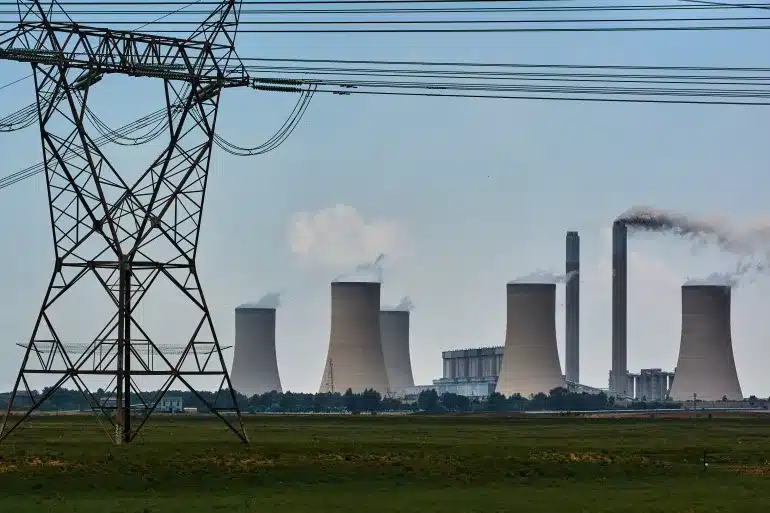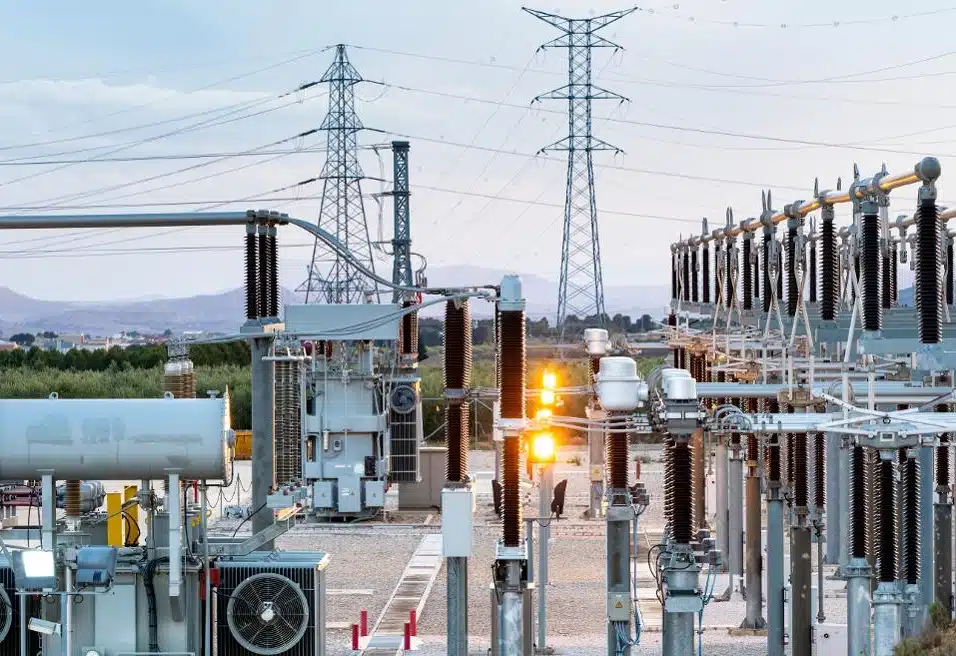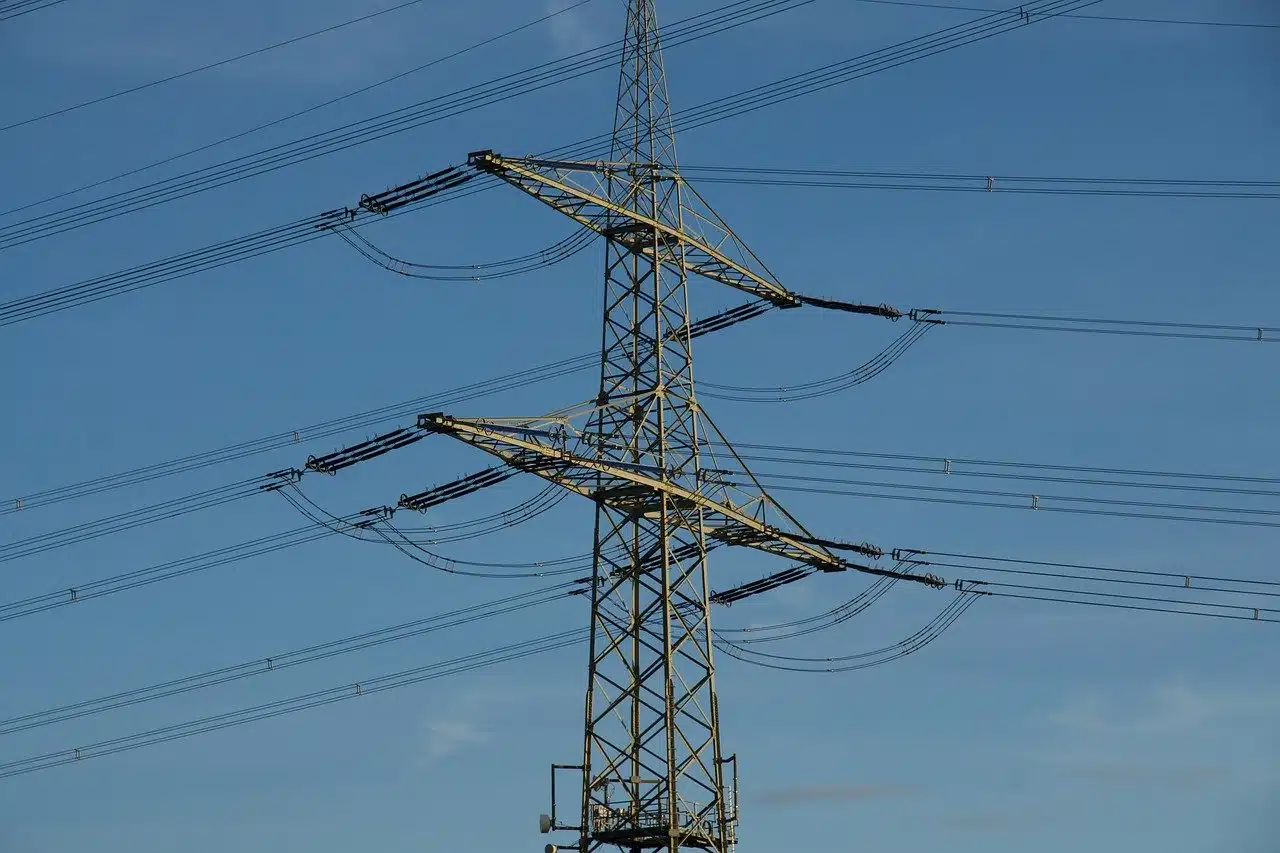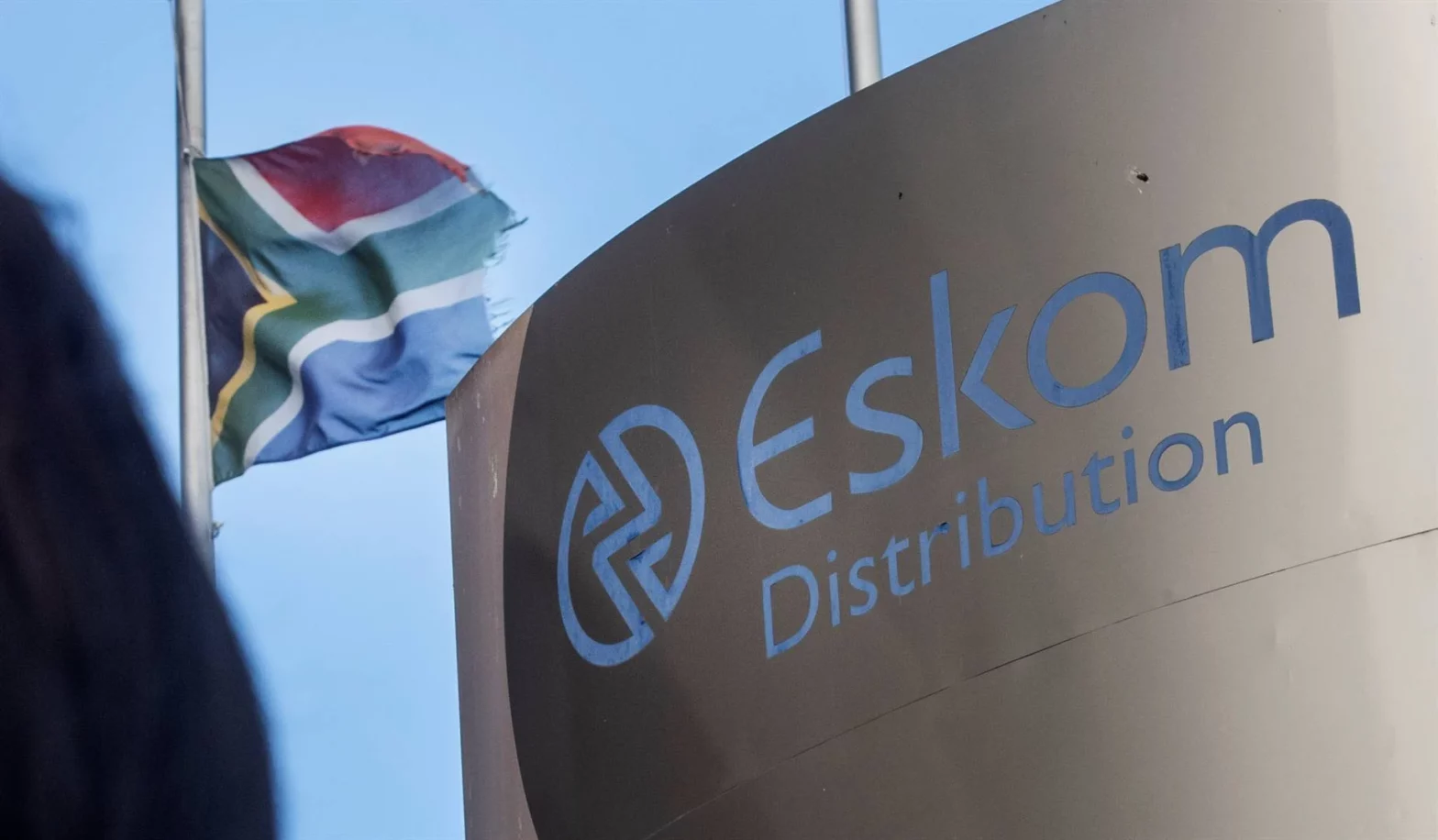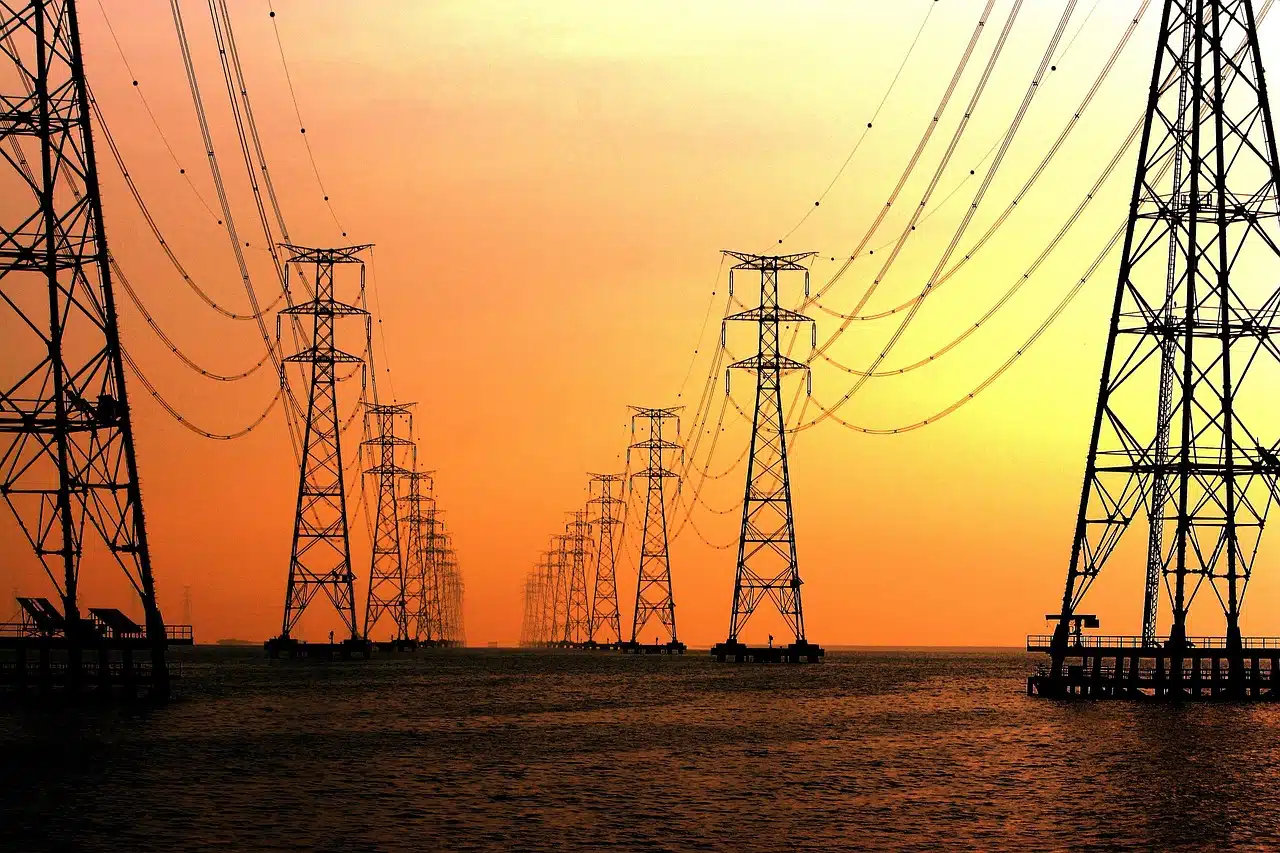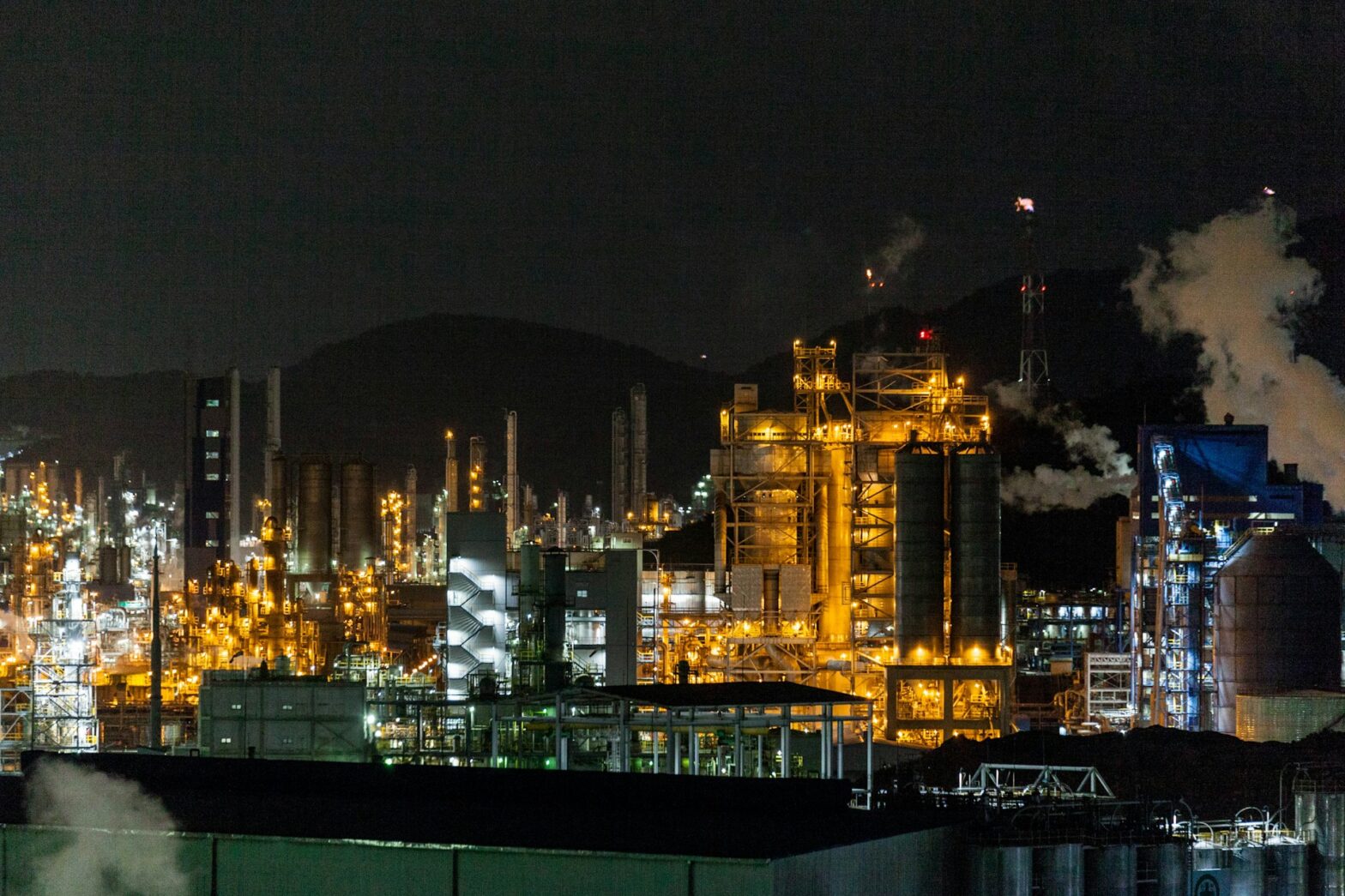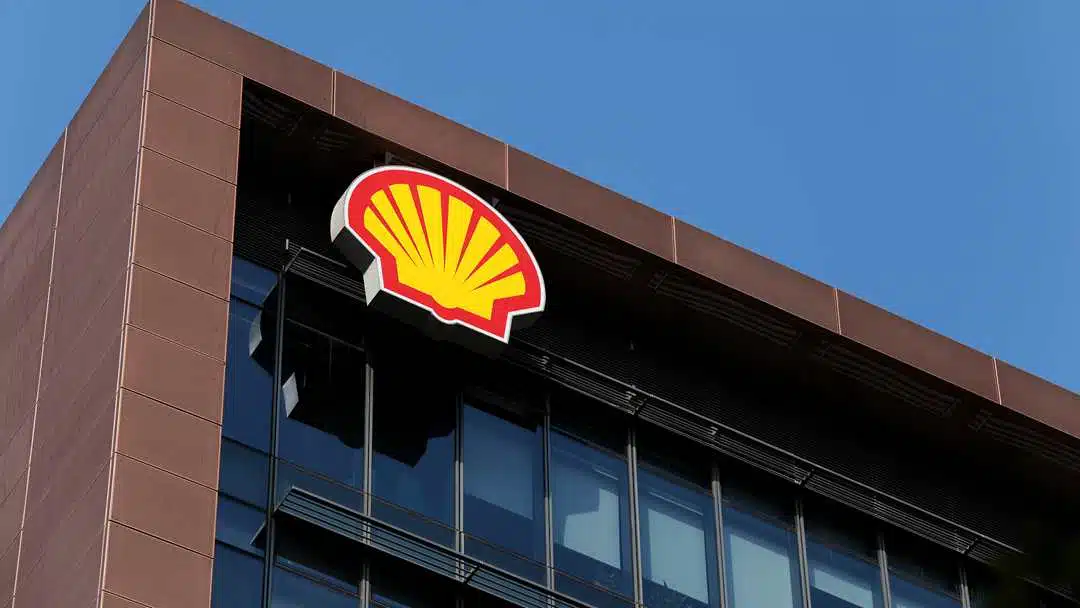Namibia’s President Netumbo Nandi-Ndaitwah recently held talks with Russian Deputy Prime Minister Yury Trutnev in a bid to boost cooperation on nuclear energy in the Southern African nation.
President Nandi-Ndaitwah in a meeting held on Tuesday in Windhoek, the nation’s capital, stressed the need for stronger cooperation with Russia in the energy industry.
President Nandi-Ndaitwah’s press secretary, Alfredo Hengari, in a video statement said the president highlighted the need for stronger cooperation with the Russian Federation in the areas of energy.
“Russia is a key player in the nuclear energy sector and Namibia is rich in uranium”, Hengari said.
Namibia, Africa’s biggest uranium producer, has been exploring ways to develop local processing and refining industries to complement its natural resources that could attract investment and boost job creation.
The meeting signaled a push to strengthen economic ties with Moscow, particularly in mineral processing.
Russia and Namibia “have room for further development, ” Trutnev said in a video of the meeting.
Namibia has also been in talks with other global partners, including China, about expanding its role in nuclear energy supply chains.
Recent strides in Namibia’s renewable energy sector
Namibia is not just focused on developing its nuclear energy capabilities alone.
The country has successfully developed its green hydrogen sector and is discussing plans to supply green hydrogen to South Africa as part of efforts to help its neighbor reduce emissions in the car manufacturing sector and stay competitive in the European Union (EU) market.
James Mnyupe, head of the Namibia Green Hydrogen Programme, stated that hydrogen exports to South Africa could support its decarbonization goals while strengthening regional energy cooperation.
Also, plans for a hydrogen pipeline from Namibia to South Africa are in the works.
Namibia’s electric vehicle is also fairly developed with the country developing a national framework for its adoption.
Currently, Namibia has approximately 100 electric vehicles on the road, with the Nissan Leaf dominating the market.
To support EV adoption, the country is actively working on setting up charging stations nationwide.
M&Z, a major player in the automotive industry, has already launched a fast-charging station with a capacity of 60kW/h.
Namibia has set ambitious targets for a greener transportation system, aiming to have 96,500 light vehicles converted to battery electric vehicles (BEVs) by 2025.

